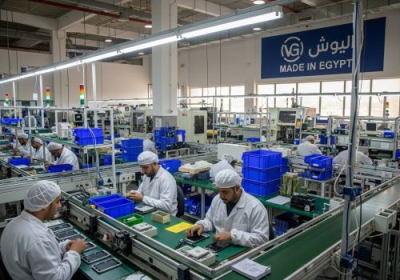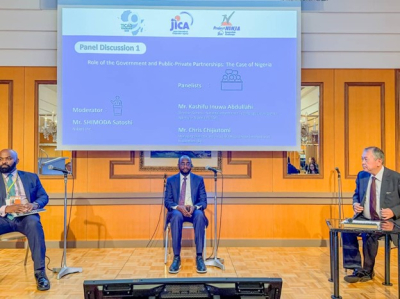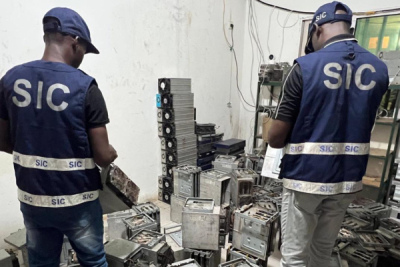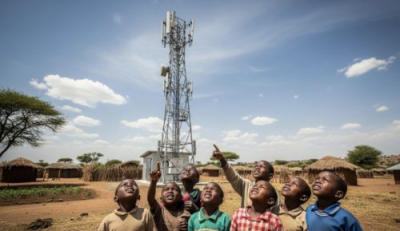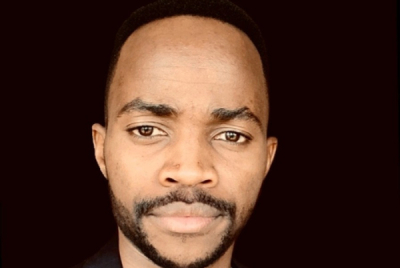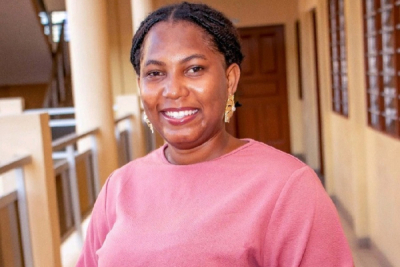-
AfDB, Japan’s Aerosense partner on drone-based infrastructure management
-
Drones to support road maintenance, disaster response, agriculture, health
-
Initiative tackles Africa’s infrastructure deficit, boosts trade and resilience
The African Development Bank (AfDB) and Japanese drone company Aerosense Inc. signed a letter of intent on Thursday, Aug. 21, to promote the use of drone technology in managing Africa’s infrastructure. The agreement was concluded on the sidelines of the ninth Tokyo International Conference on African Development (TICAD9) in Yokohama, Japan.
"The program is a bold response to Africa’s growing infrastructure challenges. By partnering with Aerosense, we will not only promote efficient road management but also consider promoting other unique solutions such as disaster management, river/flooding control, agricultural sensing, and medical equipment delivery," said Solomon Quaynor, AfDB's Vice President for Private Sector, Infrastructure and Industrialization.
Under the agreement, the AfDB will coordinate relations with African governments, facilitate project financing and build local capacity. For its part, Aerosense will conduct feasibility studies and adapt its drones to local geographical and logistical conditions. The company's technology was selected in June 2025 as part of the Sustainable Road Maintenance Program for Africa (SRMPA), where it will be used to collect precise data on road conditions to facilitate more efficient and less costly predictive maintenance.
The initiative comes amid a chronic infrastructure deficit on the continent. According to the Africa Finance Corporation’s "State of Africa’s Infrastructure 2024" report, the majority of paved roads are concentrated in the continent's northern and southern regions, with nearly 40% of the total in South Africa and Algeria. Every year, Africa loses up to 2% of economic growth due to the poor quality of its infrastructure. Climate change further accentuates this vulnerability, as seen in 2022 when floods in Nigeria destroyed more than 100,000 hectares of farmland and damaged several strategic road arteries.
The use of drones in African public services has already proven effective. In Rwanda, Zipline has delivered more than 500,000 bags of blood to remote areas, while in Ghana and South Africa, drones are used for vaccine distribution and agricultural surveillance. The AfDB-Aerosense agreement aims to expand these applications, particularly for road maintenance, a strategic sector for intra-African trade often slowed by logistics bottlenecks.
Ultimately, the widespread deployment of drones could transform infrastructure management and climate risk prevention on the continent. Regular aerial surveillance would not only reduce maintenance costs but also build resilience in the face of disasters, while promoting economic development and the fluidity of regional trade.
Samira Njoya



